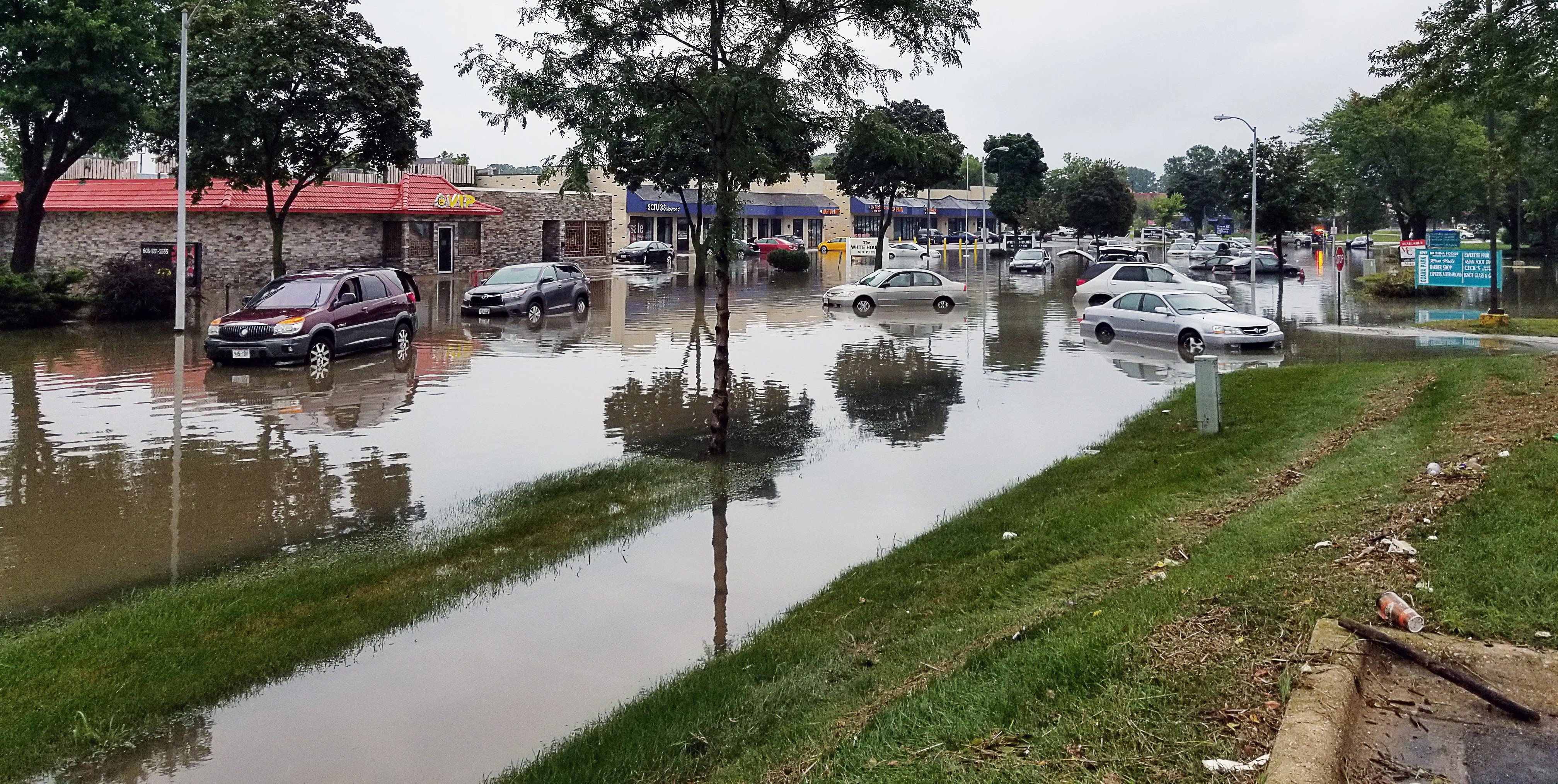
How do we go about engaging with communities affected by disasters such as flooding? Unfortunately, the answer isn’t clear cut. Every city or town is going to be different depending on size, government structure, and location. Additionally, every county has a slightly different approach to emergency management. So the answer is, unfortunately, it depends.
A good place to start is with the county’s emergency management director. They should be aware of the effects of the disaster and what might be needed and where. Of course, during a disaster these folks are extremely busy, so you might need to fall back to a different approach.
In lieu of an emergency management director, here are some other potential sources of information or contacts for emergency situations:
• City/town mayors
• City/town managers
• Volunteer fire departments
• County roads departments
• Commissioners/supervisors
• Religious leaders
• Non-emergency sheriff’s office number (or police station for larger communities)
Again, depending on the disaster all of these folks may not be readily available. That’s where being proactive and engaging with any and all of the officials listed above prior to an event can help you make quicker connections and be kept in the loop. Establishing these relationships is time well spent, especially when something does occur.
Finally, in some instances you may need to do triage to figure out which community(ies) are able to ‘hold their own’ in comparison to others. The level of support a community needs is dictated by the extent of the damage from the disaster and the existing conditions of a community prior to the event occurring. For the same disaster, communities with less resources are going to experience far more impact than communities with higher resource levels.
CVI has developed a database of communities based around several key social and financial indicators for the purpose of helping Extension and our partners understand where their communities might lie in respect to others. If you’d like more information on this, please contact Jason Weigle or Kurt Mantonya.
If you are looking to organize a goods drive, volunteer clean-up, or some other relief/recovery event, we suggest you reach out to an established volunteer or financial organization and work with them first. A suggested list of contacts and information can be found on the flood.unl.edu website here: https://flood.unl.edu/how-can-i-help
Jason Weigle
CVI Educator